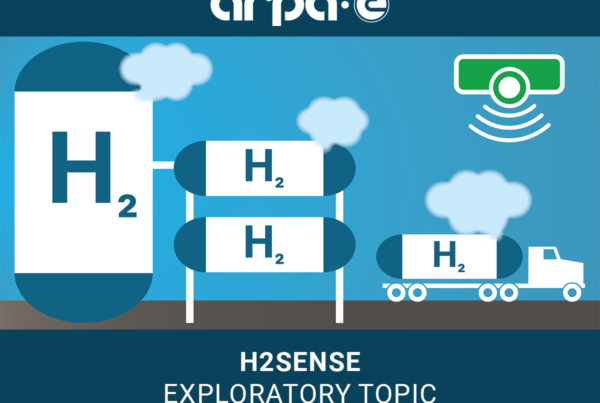
Experts have been touting the benefits of hydrogen for years. It’s the most abundant element on Earth, stores a lot of energy in a small area and can be manufactured sustainably. Hydrogen fuel cells already power some industrial facilities and vehicles. Will people ever use this technology in their homes?
Benefits of Fuel Cell Technology
Some companies have already created residential hydrogen fuel cells. German-based Home Power Solutions built a microcell that makes hydrogen from solar energy during the summer. In winter, it uses the stored fuel to power the house.
Australian company Lavo makes a hydrogen fuel cell that connects to a hybrid solar inverter and water main via a purification unit. It electrolyzes the water to produce and store hydrogen. The fuel cell stores enough energy to power an average home for two days, although it also has a lithium battery to act as a buffer.
The main advantage of hydrogen fuel cells is that their only byproduct is water vapor. That makes them much better for the environment than fossil-fuel-powered electric grids. They’re also lighter than traditional lithium batteries, making them a potential alternative to power planes and other heavy vehicles.
Fuel cells can power a home longer than an electric battery during an outage. They also have a long life span — lasting up to 30 years — compared to lithium batteries, which often peter out at around 15 years. Batteries also contain toxic materials such as lead acid, making their disposal challenging. Fuel cells do not. However, recycling fuel cells does produce toxic gas compounds, so disposal still presents issues.
Additionally, the materials for making batteries, including lithium, nickel and cobalt, are in short supply even as mining has increased. The demand outweighs the supply. Meanwhile, some scientists have discovered how to make fuel cells free of platinum and other precious metals traditionally used as catalysts.
Challenges of Fuel Cell Technology
Home Power Solutions and Lavo fuel cells require solar panels, which are not included in the steep price tag. Solar panels are extremely eco-friendly, reducing a home’s carbon emissions by 80%, but their cost already makes them inaccessible to many homeowners.
That’s not to say it will never happen — government subsidies and steadily declining solar panel costs could make fuel-cell-powered homes feasible for middle-class consumers in the coming decades. It won’t be any time soon, though. Hydrogen is much more expensive to produce than other fuel types, and the cost is passed on to consumers.
Hydrogen doesn’t occur naturally. Separating hydrogen and oxygen from a water molecule requires energy input in the form of electricity. If this comes from fossil fuels, it defeats the purpose of using a fuel cell in the first place. Green hydrogen, which manufacturers produce using wind- or solar-generated electricity, is the only environmentally friendly hydrogen fuel. Currently, creating it is prohibitive for most manufacturers and homeowners.
Fuel cells are also inefficient compared to batteries. For example, battery-powered vehicles enjoy an efficiency rating of 70%-80%, while fuel-cell-powered cars get only 30%-35% efficiency. It’s simply the nature of the two different technologies. Batteries convert stored energy into electricity, while fuel cells must generate their own power from available fuel. That makes batteries more efficient overall.
Infrastructure is the final reason the world is yet to embrace fuel-cell-powered homes. Gas pipelines are built to transport methane, which travels at a different rate than hydrogen. Manufacturers would either have to blend hydrogen with natural gas — which isn’t environmentally friendly — or build an entirely new pipeline altogether. Since hydrogen is such a small molecule, transporting it via pipelines may result in significant leakage.
A Burgeoning Technology
It may be years before fuel-cell-powered homes become a reality. Right now, the technology is too expensive and impractical for most people. Powering fuel cells already requires solar panels, so most people will be satisfied installing those and stop there.
However, fuel cells will likely play a greater future role in powering large vehicles and industrial facilities. Green-hydrogen-based fuel cells offer efficiency, reliability and no harmful emissions, making them a wise environmental choice. One way or another, fossil fuels will go the way of the dinosaurs that made them — it’s simply a matter of time.
Read the most up to date Fuel Cell and Hydrogen Industry news at FuelCellsWorks


Jane Marsh, Contributor
The views and opinions expressed herein are those of the authors and do not necessarily reflect the official policy or position of Fuel Cells Works, its directors, partners, staff, contributors, or suppliers. Any content provided by our contributors or authors are of their own opinion and are not intended to malign any religion, ethnic group, club, organization, company, individual or anyone or anything.




